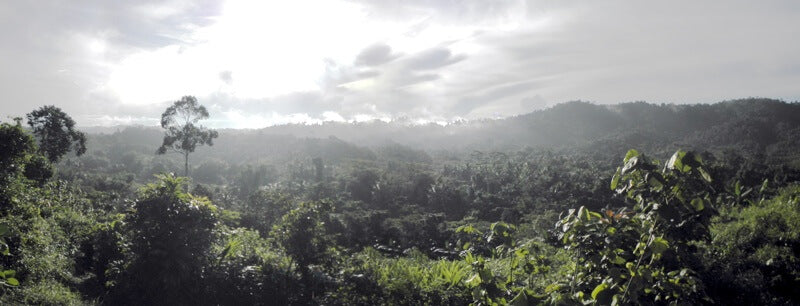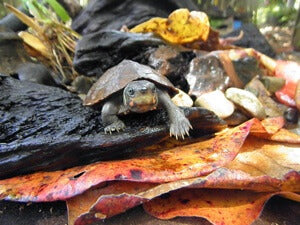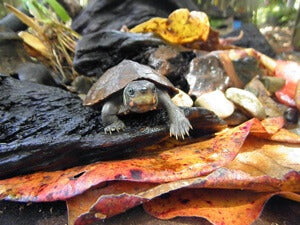Day 1
30 m² of rainforest will be protected for forest turtles in the Philippines
 Rainforest – life giver for people and rare turtles
Rainforest – life giver for people and rare turtles


Drinking water supply and species protection in the Philippines

need
Protection of the drinking water source area for the residents of Dumarao
activity
Local NGO “Katala Foundation” trains forest rangers and supports the village community in designating a drinking water protection area.
Measurable performance
Number of hectares of rainforest that were protected from deforestation
Result
Measurable reduction in the risk of flooding
Systemically relevant impact
Illegal deforestation and the illegal capture of endangered wild species such as forest turtles are prevented in the protected area around the village of Dumarao. The rainforest habitat is preserved for people and animals.
background


The good deed
AboutPhilippines
Manila
Capital city
100321300
Population
$2,764.58
Gross domestic product
per capita per year

114
Human Development Index
(Human Development Index)

